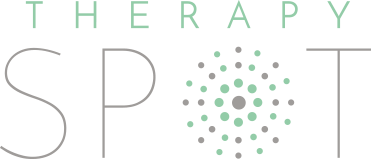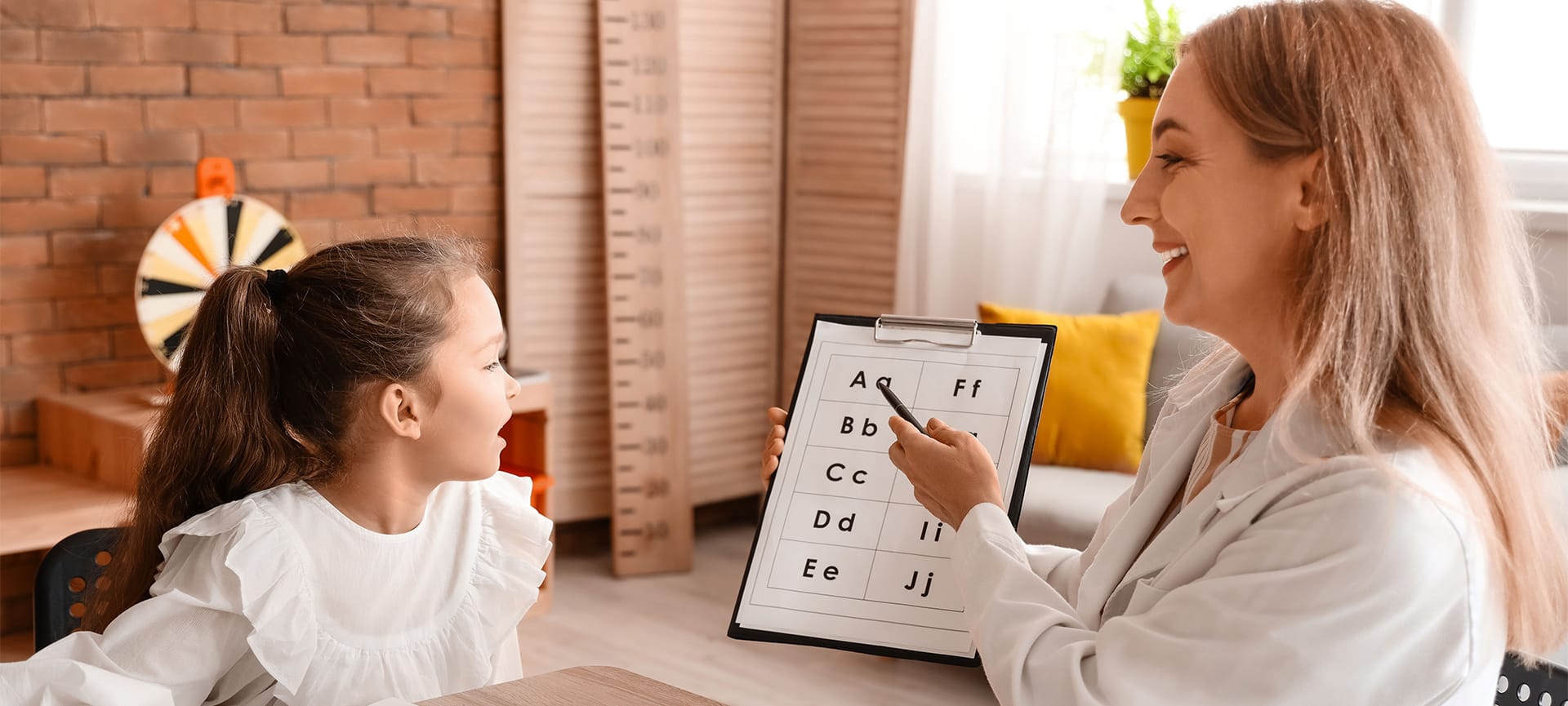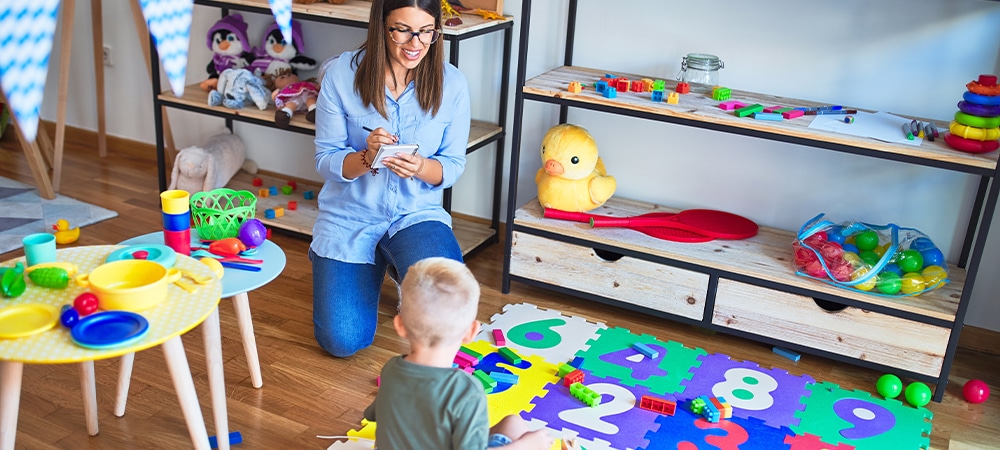Many people of all ages struggle with various speech and language difficulties. Often, they are noticeable from a young age, but some set in later in life. Whether it’s a delayed mental issue or a disorder triggered by trauma – like a car accident – many forms of therapy exist for speech and language issues.
If a speech or language issue is present in a child, however, the earlier they receive treatment, the better. There are many types of speech and language disorders and thus, a wide variety of therapy and treatment techniques. We’re equipped to address a multitude of concerns with our various programs, which consist of many effective and well-researched activities.
Read on to learn more about treatment and the activities done in speech therapy for kids.
Speech Therapy Activities For Kids
Especially when conducting speech therapy for kids, they must stay focused and engaged. For many children, this is challenging as they are easily bored and have shorter attention spans.
This is why many speech therapy techniques turn the sessions into games or activities, of sorts. When masked as fun and interesting, children pay attention, learn faster, and progress better.
While all games and activities can have their place with any age group, they become ready for more advanced therapy and activities as a child grows and learns.
Speech Therapy Activities for Young Children
Memory Games
“Memory matching” is a classic game that can be made as simple or complex as you like. It’s done by placing cards face down. You flip the cards over until you find a match. In speech therapy, the cards will have various words written on them, and players must say the words aloud as they’re flipped over.
This is great to do with a child alone or in a group, and the words can be tailored to the specific sounds or words they’re struggling with.
Drawing and Crafting
Drawing pictures and doing crafts helps kids learn their colours, practice asking for the things they need, and practice speech when describing what they’ve created. It’s also a way for them to express themselves in whatever way they choose as they draw or create art of their choice.
Songs and Singing
Singing songs can help children practice various sounds and pronunciations while teaching other lessons. For example, classics like Old Macdonald, the Alphabet Song, Head, Shoulders, Knees, and Toes can teach the basics of animal sounds, letters, etc.
Educational Toys
Plenty of toys are just as educational as they are fun. The classic Mr. Potato Head is a great example that helps kids learn body parts and practice phrases. Other toys can help them learn colours, names, even places, and numbers, all while practicing speaking out loud and improving their motor skills.
Speech Therapy Activities for School-Aged Children
Tongue Twisters
As kids progress through therapy, they’ll be ready for more advanced lessons and activities. Tongue twisters are a great way to work on pronunciation, enunciation, pacing, cadence, and more. She Sells Sea Shells on the Seashore is one of many great tongue twister examples. Kids can repeat them once, twice, or any number of times to practice separating the sounds.
Table Top Games
Tabletop games like cards and board games are a great way for kids to practice speech and language skills as they must articulate their moves, intentions, etc. In group therapy, it’s also a great way for kids to learn social skills and work on communicating with others.
I Spy
It’s one of the simplest games around, but it can help kids develop speech and language skills by communicating what they see and making educated guesses. In group settings, they learn to communicate with each other and can work on social skills such as taking turns, being a good sport when they don’t win, etc.
Speech Therapy Activities for Older Children/Teenagers
Role Playing
Role-playing scenarios can be as simple or as complex as you want them to be, but they’re often fun and interactive, especially for older kids. Examples include pretending to order food at a restaurant, scheduling appointments, or simulating social situations.
This is great for kids who need to work on their speech and language skills in external settings. You can also tailor these sessions to any type of speech, disorder, goal, etc.
Reading Poetry
Often, even simpler poetry contains many forms of language such as idioms and metaphors. Many works of poetry also rhyme. Reading poetry out loud is useful for developing an understanding of non-literal language and practicing more challenging sounds, sentences, and speech patterns.
Speech Therapy For Kids at Home
While many of these activities are done in a clinical therapy setting, there are things you can do at home, too. By playing fun but effective games and engaging in certain activities, you can help your children make even more progress on your own time.
For example:
- Playing “I Spy” as a family.
- Playing “The Alphabet Game” while driving. This is where you go in order of the alphabet and watch for words on road signs that start with that letter. For example, you’ll start with “A” and you’ll move to the next if someone points out a sign that says “Welcome to Alabama.”
- Sing songs together.
- Read books out loud to your children. Ask them questions about the book and have them re-tell the story.
- Play Simon Says.
Start Therapy Today and See How it Can be Fun
When kids enjoy themselves, they’re more focused and often more willing to continue. They’ll start looking forward to the sessions and their progress will become apparent. The activities listed here are just some common ones you’ll find in speech therapy for kids.
We offer a variety of therapy options, from private sessions to group therapy and even a special school program. We offer therapy for all ages and can provide treatment in our clinic or the comfort of your own home! Contact us today for more information or to set up a consultation!





